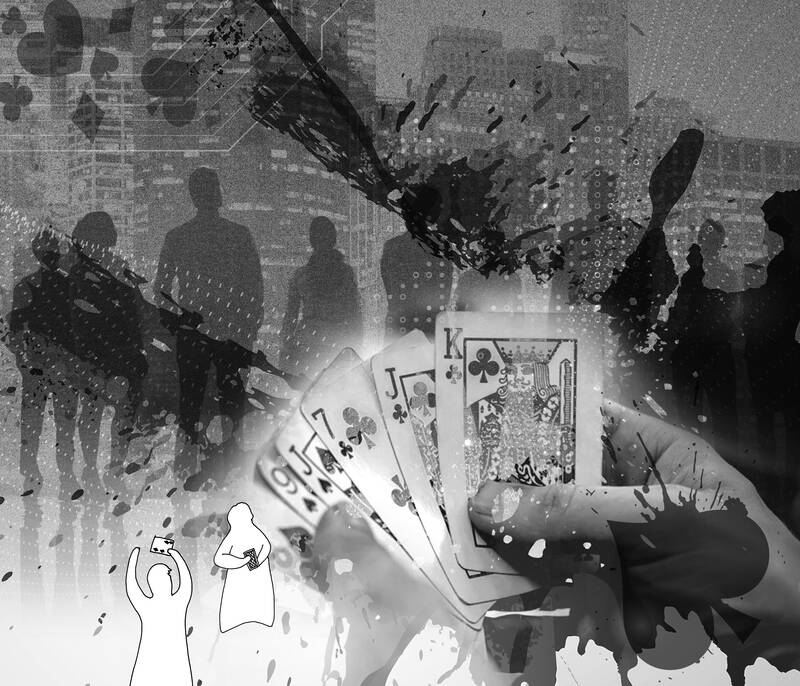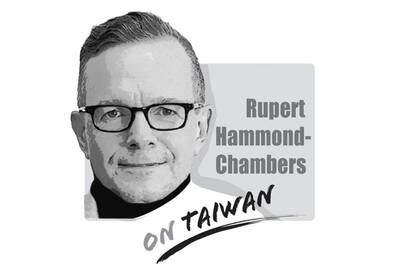Perhaps the most famous trading experiment ever conducted was when commodities investor Richard Dennis bet his partner William Eckhardt in 1983 that he could train a group of amateurs — dubbed “the Turtles” — to be successful futures traders. The bet was to be settled by giving the Turtles real money to trade. In the end, the Turtles compiled an impressive record, handing Dennis the win.
Although the experiment settled the issue in popular imagination, it lacked the transparency, controls and statistical rigor demanded by academics. So ever since, researchers have strived to understand trading success through studies — efforts that have not escaped notice of firms that are in the business of trading financial assets.
The latest entry in this quest comes from the Federal Reserve Bank of New York in conjunction with researchers at the University of Southern California and University College London. For a paper titled Strategic Sophistication and Trading Profits: An Experiment with Professional Traders, the authors recruited 56 professional traders, plus an equal-size sample of students for controls, and evaluated their performance in a computer-simulated trading game. They then tested their subjects on a wide range of specific skills to see which were correlated to trading success.

Illustration: Tania Chou
The main finding was that among students the only useful predictor of trading success was general intelligence. Among professional traders, though, neither intelligence nor other personality traits and cognitive skills mattered much. Success did not depend on any fundamental insight about value. What mattered was strategic sophistication in the sense of taking analysis of other people’s behavior to high levels.
This calls to mind the folk wisdom found in poker, which is that “beginners think about their cards. With a little experience, they start thinking of the other guy’s cards. Poker begins when you think about what the other guy thinks about your cards.”
The New York Fed paper suggests that professional traders are playing poker, while the students are playing games like chess, backgammon or blackjack that depend on intelligence rather than guessing what other people are thinking.
Most people will file this away as a mildly interesting factoid. It is not surprising in that we know professional trading organizations use poker and other strategic games — such as Wall Street firm Jane Street’s Figgie — to select and train traders, but the paper’s finding goes well beyond the claim that strategy is valuable for trading. It suggests that other things such as intelligence, risk strategies, personality traits or knowledge of fundamental value do not matter — or at least are so evenly distributed among traders that they cannot be used to predict success.
Moreover, the paper, and many previous ones in this area, contradict the result of the Turtle experiment, which suggests trading success is a matter of following certain rules, not anything in the trader’s personality or mind. Conventional Wall Street wisdom is that there are prerequisite mental traits for successful trading, but there are many variants, not a single strategic skill. Poker players sometimes make good traders, but not always. And chess players, backgammon and all other expert game players can succeed in different ways. Plus, whatever raw talent a person has, success is thought to require extended apprenticeship.
In contrast, the paper did not find any advantage to years of education or experience or other indicators of trading.
Who should you believe? The Turtle experiment and Wall Street folk wisdom have one great advantage in that they are based on real people trading large amounts of money in real financial markets. Unfortunately, that makes controlled experimentation prohibitively expensive. Formal studies and other academic work conducted under laboratory conditions make the results much more scientific, but at the cost of being one layer removed from reality. The study uses a particularly sophisticated trading simulation, but it is still a simulation with relatively small-dollar stakes.
If you are not a trader, but want to be one, either for your own account or for an institution, the study suggests you should play poker rather than attending class, and take game theory courses over economics. Conventional wisdom says you should develop your comparative advantages, whatever they are, and study successful traders. If your interest is to understand the economic function of trading, the study suggests it is a game that rewards aggregating information from other’s bids and offers, and using that information to provide liquidity.
Conventional wisdom suggests trading is a broader skill that combines fundamental and technical information to produce an equilibrium, with many different types of traders performing different functions.
Of course, this is only one study that will not tip the balance in any direction. And its results only suggest, not prove, broader implications. Still, if you like poker more than class, and game theory more than economics, it is good news.
You might lose in trading competitions with fellow students, but you have a bright future on Wall Street. On the other hand, if you are counting on traders to assess fundamental economic value, the study is bad news. It suggests that they are focused on outsmarting each other, not on investigating reality.
Whatever you think about the study and possible implications, it is always good to see a careful, controlled, rigorous analysis in an area where opinions tend to be much stronger than the foundations for those opinions.
Hopefully it will cause some deeper thinking about trading — both how to do it better and what its role in the economy is — from people of all opinions.
Aaron Brown is a former managing director and head of financial market research at AQR Capital Management. He might have a stake in the areas he writes about.
Having lived through former British prime minister Boris Johnson’s tumultuous and scandal-ridden administration, the last place I had expected to come face-to-face with “Mr Brexit” was in a hotel ballroom in Taipei. Should I have been so surprised? Over the past few years, Taiwan has unfortunately become the destination of choice for washed-up Western politicians to turn up long after their political careers have ended, making grandiose speeches in exchange for extraordinarily large paychecks far exceeding the annual salary of all but the wealthiest of Taiwan’s business tycoons. Taiwan’s pursuit of bygone politicians with little to no influence in their home
In a recent essay, “How Taiwan Lost Trump,” a former adviser to US President Donald Trump, Christian Whiton, accuses Taiwan of diplomatic incompetence — claiming Taipei failed to reach out to Trump, botched trade negotiations and mishandled its defense posture. Whiton’s narrative overlooks a fundamental truth: Taiwan was never in a position to “win” Trump’s favor in the first place. The playing field was asymmetrical from the outset, dominated by a transactional US president on one side and the looming threat of Chinese coercion on the other. From the outset of his second term, which began in January, Trump reaffirmed his
It is difficult not to agree with a few points stated by Christian Whiton in his article, “How Taiwan Lost Trump,” and yet the main idea is flawed. I am a Polish journalist who considers Taiwan her second home. I am conservative, and I might disagree with some social changes being promoted in Taiwan right now, especially the push for progressiveness backed by leftists from the West — we need to clean up our mess before blaming the Taiwanese. However, I would never think that those issues should dominate the West’s judgement of Taiwan’s geopolitical importance. The question is not whether

In 2025, it is easy to believe that Taiwan has always played a central role in various assessments of global national interests. But that is a mistaken belief. Taiwan’s position in the world and the international support it presently enjoys are relatively new and remain highly vulnerable to challenges from China. In the early 2000s, the George W. Bush Administration had plans to elevate bilateral relations and to boost Taiwan’s defense. It designated Taiwan as a non-NATO ally, and in 2001 made available to Taiwan a significant package of arms to enhance the island’s defenses including the submarines it long sought.